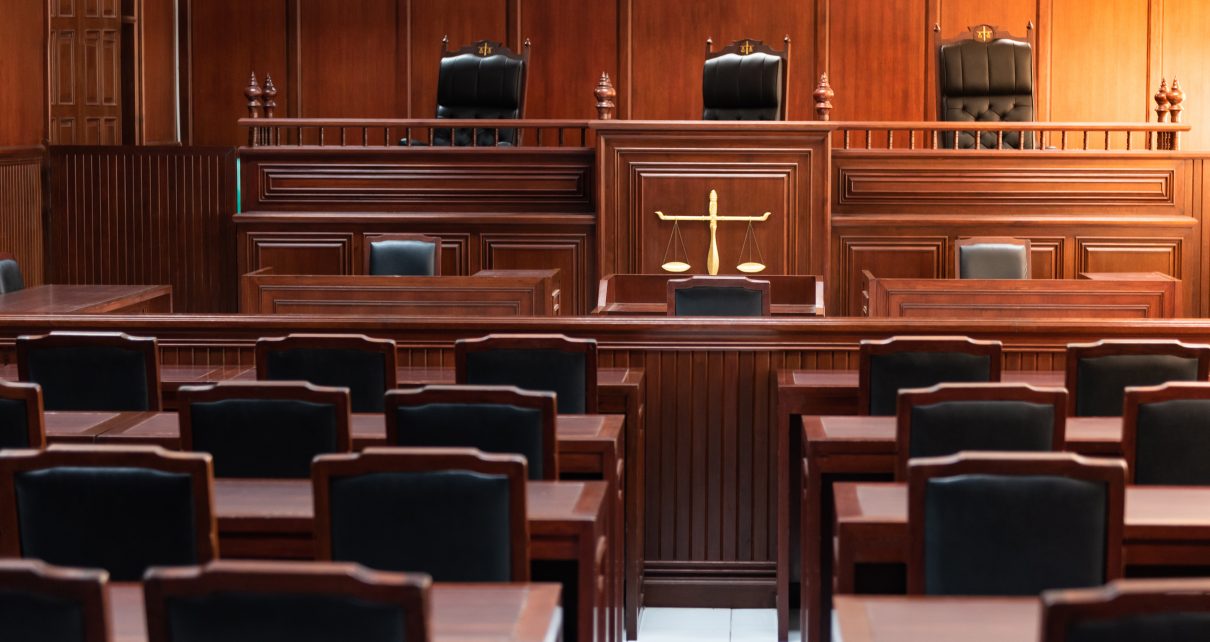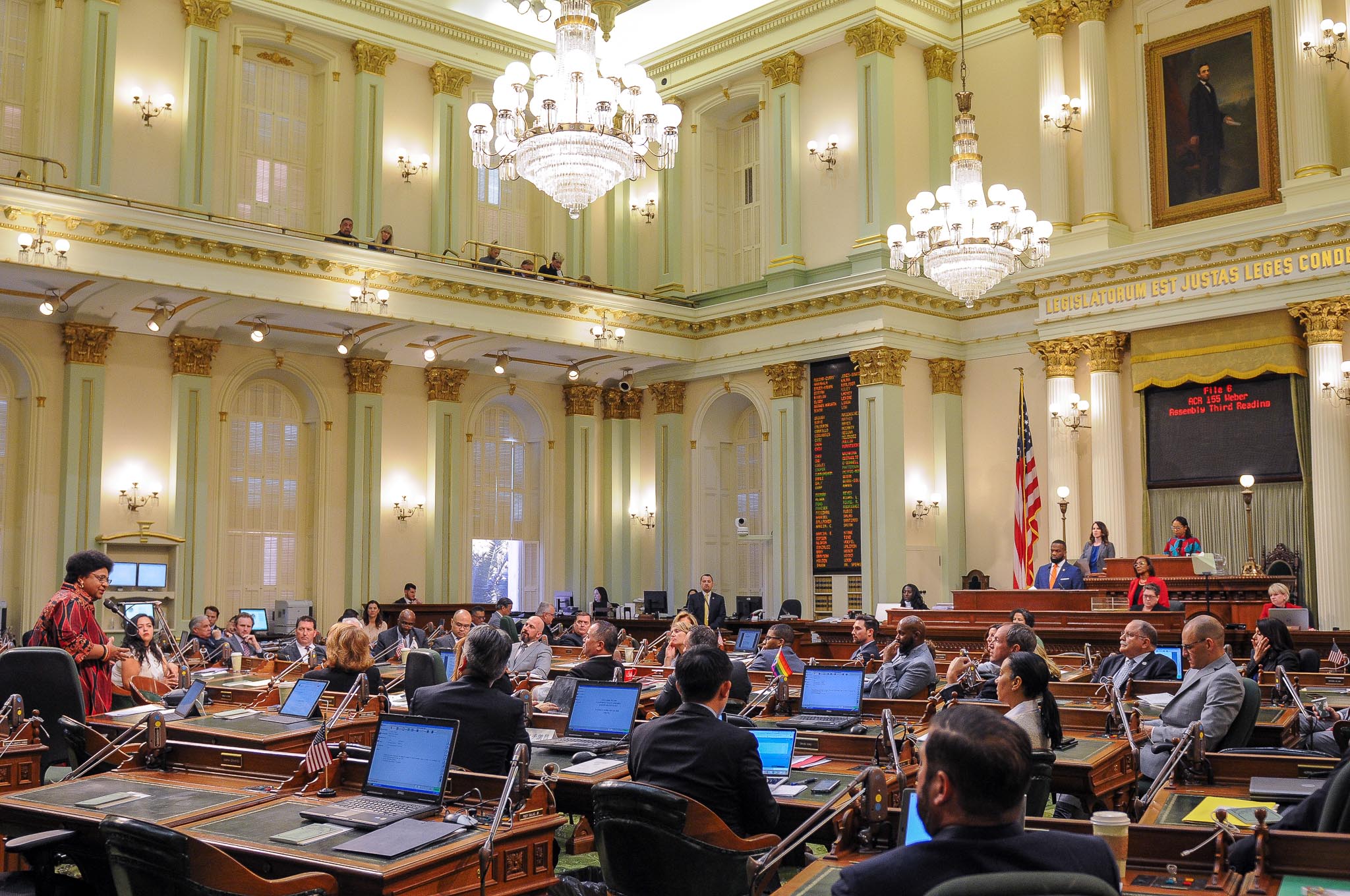
Justice Court. (Photo: Nirat.pix/Shutterstock)
California Superior Courts in the Code of Civil Procedure
A judgment of the appellate division in an appeal must contain a brief statement of the reasons for the judgment
By Chris Micheli, October 12, 2024 2:30 am
California’s superior courts are addressed in the Code of Civil Procedure, Part 1, Title 1, Chapter 4. Section 71 specifies that the process of superior courts extends throughout the state.
Section 73c states the judges of the superior court of the county in which is located the principal office in this state of any savings and loan association of whose business, property and assets possession have been taken by the Commissioner of Financial Institutions, may, in their discretion hold hearings relating to the sale, exchange or other disposition of any parcel of real property or any item of personal property of the association.
Section73d provides what, whenever it becomes necessary for a judge, clerk, deputy clerk, court reporter or bailiff of or sitting in the superior court of the county in this state in which is located the principal office of any savings and loan association whose business, property and assets are in the possession of the Commissioner of Financial Institutions, to travel to another county, there temporarily to attend hearings relating to the sale, exchange or other disposition of real or personal property of the association, each judge, clerk, deputy clerk, court reporter or bailiff is allowed the necessary expenses in going to, returning from and attending upon the business of the court.
Section 73e specifies that, in each county where the juvenile hall is not located at the county seat of the county, a majority of the judges of the superior court may be held or continued in any place in the county in which the juvenile hall is located and the sessions of the court may be held or continued in the location designated in the order.
Section 74 provides that adjournments from day to day, or from time to time, are to be construed as recesses in the sessions, and do not prevent the court from sitting at any time.
Section 75 authorizes the superior court in any county to provide by rule that, whenever all judges are absent from the county, any noncontested matter in which no evidence is required, or which may be submitted upon affidavits, is deemed submitted upon the filing with the clerk of a statement of submission by the party or the party’s attorney or upon the date set for the hearing.
Section 77 states that, in every county, there is an appellate division of the superior court consisting of three judges or, when the Chief Justice finds it necessary, four judges. The Chief Justice assigns judges to the appellate division for specified terms pursuant to rules, not inconsistent with statute, adopted by the Judicial Council to promote the independence and quality of each appellate division. The Chief Justice designates one of the judges of each appellate division as the presiding judge of the division.
In each appellate division, no more than three judges participate in a hearing or decision. The presiding judge of the division designates the three judges who participate. The judges designated as members of the appellate division of the superior court serve for the period specified in the order of designation.
The concurrence of two judges of the appellate division of the superior court is necessary to render the decision in every case in, and to transact any other business, except business that may be done at chambers by the presiding judge of, the division. A judgment of the appellate division in an appeal must contain a brief statement of the reasons for the judgment. A judgment stating only “affirmed” or “reversed” is insufficient.
The appellate division of the superior court has jurisdiction on appeal in all cases in which an appeal may be taken to the superior court or the appellate division of the superior court as provided by law, except where the appeal is a retrial in the superior court. The powers of each appellate division are those provided by law or rule of the Judicial Council relating to appeals to the appellate division of the superior courts.
- Compensation for Eminent Domain - February 9, 2026
- Corporate Securities Law of 1968 - February 8, 2026
- Deposit of Unclaimed Property in California - February 8, 2026




